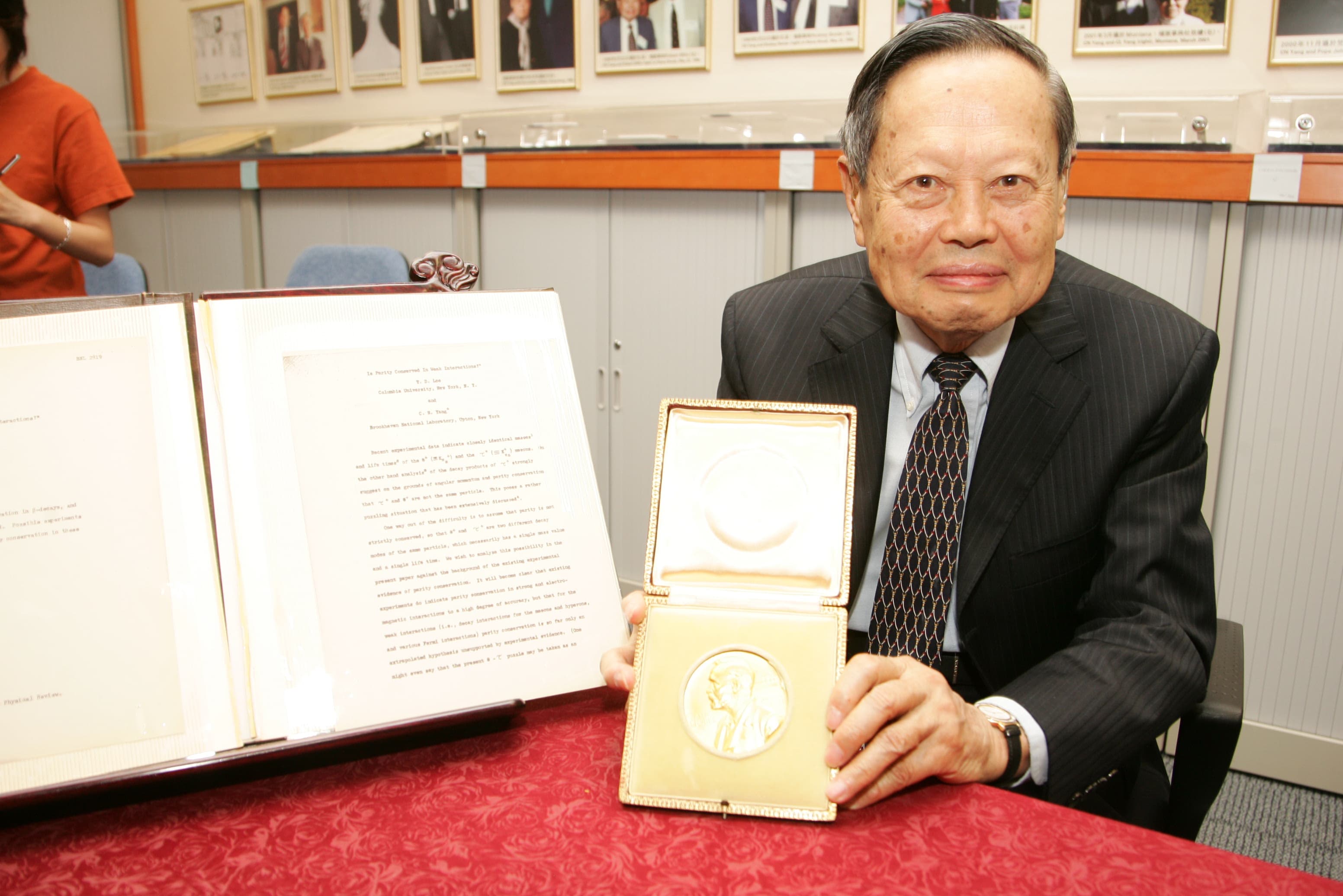Nobel Laureate Chen Ning Yang, Pioneer of Parity Violation, Dies at 103

Beijing – Chen Ning Yang, the Nobel Prize-winning physicist whose groundbreaking work with Tsung-Dao Lee redefined the understanding of symmetry in the universe, passed away on October 18, 2025, at the age of 103. His death marks the end of an era for a scientist who profoundly impacted modern physics, as confirmed by Chinese state media and reported by Reuters. Yang, born in Hefei, Anhui province in 1922, was celebrated for his contributions that challenged fundamental assumptions about the natural world.
Yang's most renowned achievement was the 1957 discovery of parity violation, which shattered the long-held belief that the universe always obeyed "mirror symmetry." As stated in a social media post, his pioneering research with Tsung-Dao Lee "proved that nature can distinguish between left and right," fundamentally changing the scientific understanding of symmetry in nature. This work earned them the Nobel Prize in Physics in the same year, making them the first Chinese-born laureates.
Beyond his Nobel-winning research, Yang also co-developed the Yang-Mills theory in 1954 with Robert Mills. This theory, described by experts as foundational to the current understanding of how subatomic particles interact, laid the mathematical groundwork for the Standard Model of particle physics. Professor Shi Yu of the Wilczek Quantum Centre at the Shanghai Institute for Advanced Studies noted that "without Yang-Mills theory, there would be no Standard Model."
After receiving his science degree in 1942 from National Southwest Associated University and a master's from Tsinghua University, Yang pursued further studies in the United States. He renounced his U.S. citizenship in 2015 to become a Chinese citizen, stating, "My late father's blood runs in my veins. Chinese culture runs in my veins." He later served as a professor at Beijing's Tsinghua University and honorary dean of its Institute for Advanced Study.
Throughout his prolific career, Yang received numerous accolades, including the Albert Einstein Commemorative Award in 1957 and an honorary doctorate from Princeton University in 1958. His life and work inspired generations of scientists, particularly in China, where he actively promoted basic research. He is survived by his second wife, Weng Fan, and three children from his first marriage.